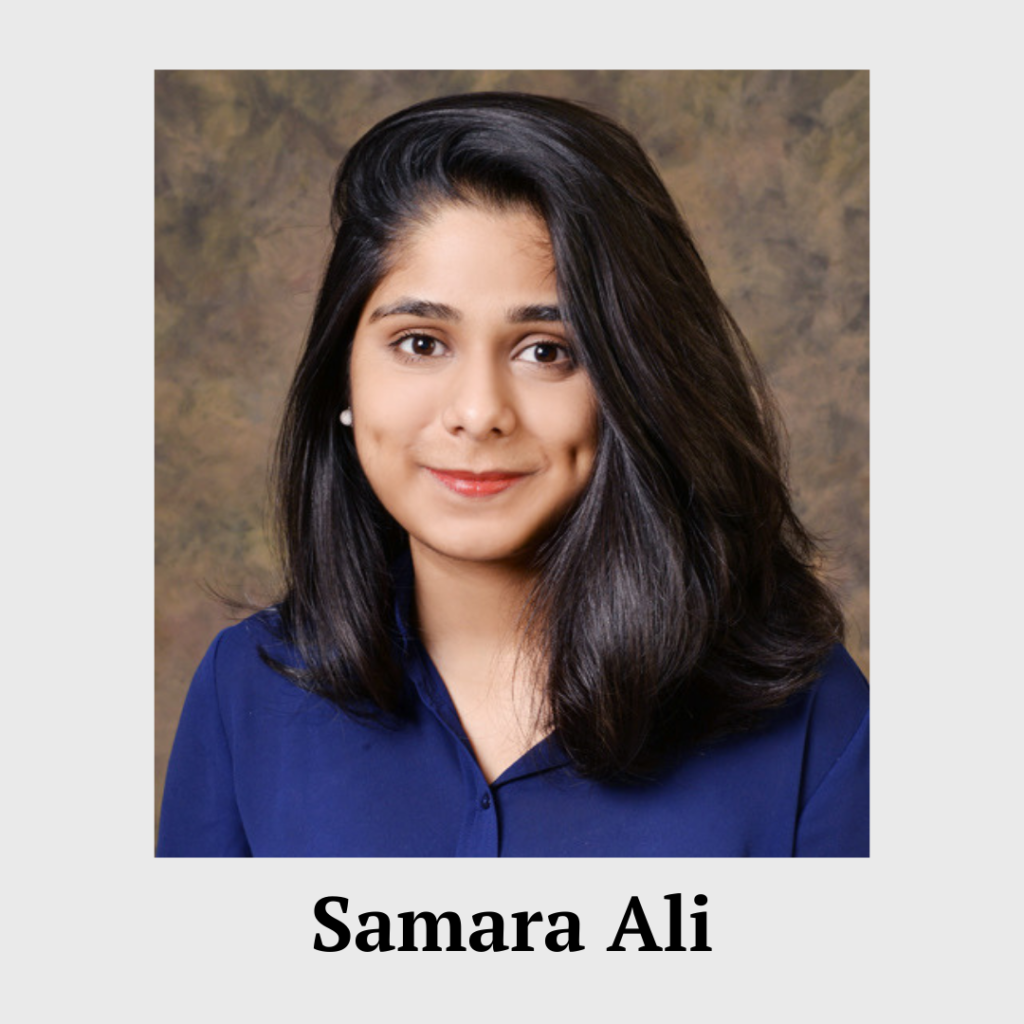Digital literacy in Pakistan:Where do we stand?
November 3
Since the onset of Covid-19, there has been increasing reliance on the digital world. Businesses must grow accustomed to e-commerce and social media to increase and retain customers. Amid these rapid changes, Samara Ali, a 27-year-old Correspondent from Pakistan questions, where does Pakistan stand in the race?
Pakistan’s pace in the start-up landscape has been tremendously fast, with a 47% growth in freelance earnings as of 2019. In addition to this, World Advertising Research Center (WARC) has predicted that Pakistan will be among the countries with the highest growth in smartphone use by 2025. Yet Pakistan has one of the slowest growth rates in internet penetration. This means that entrepreneurship in Pakistan will not be sustainable unless more of the population has access to the internet.
The average Pakistani citizen has had very limited digital experience.
According to the After Access Report as of 2019, internet enabled mobile phones are mainly used for social media and not for the vast range of digital services.
The situation is even worse for Pakistani women. Taking Stock: Data and Evidence on Gender Equality in Digital Access, Skills and Leadership states that as of March 2019 reports that only 3% of women in Pakistan could copy or move a file on a computer. Similarly, only 2% of women from Russia were able to perform the same task while 89% of women in Brunei were capable of completing this task. These factors mean that digital literacy has a long way to go in Pakistan.
Increased digital literacy results in a cascade of advantages for an economy. I would like to highlight a personal experience which would help substantiate this viewpoint.
Earlier this month, I attempted to secure my learner’s permit through the Sindh Driving License Authority. Due to the pandemic, the provincial government made strong efforts to digitalize the application process. Not only was I able to avoid overcrowding in the registration office but the application process which would usually take around 2 to 3 hours on a normal day only took a few minutes to be completed.
If we were to replicate this on a larger scale, transactions, processes, and services would become faster and more efficient and our economy more productive.
This is exactly why digital literacy is profound; when we begin to use digital tools to our advantage, we will drive our economy towards sustainable growth and enjoy a better quality of living.
Photo Credit: Shutterstock
About Samara Ali: I’m currently a graduate student who has always harboured an interest in speaking on current issues through her writing. I hope to contribute greatly to the missing Pakistani narrative in a world bustling with opinions.






